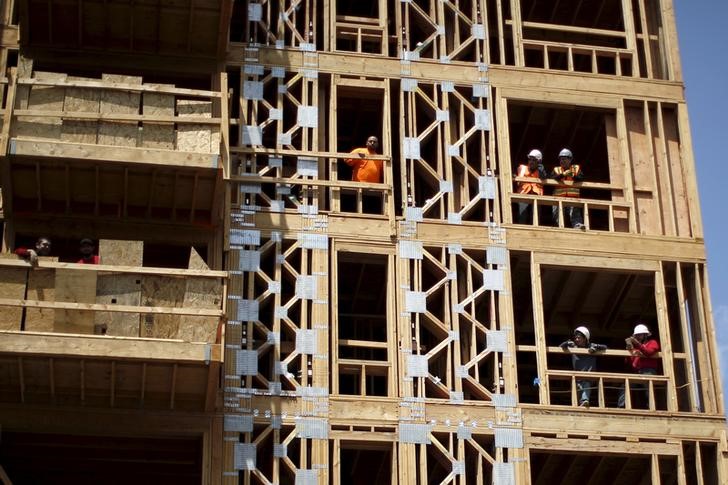WASHINGTON (Reuters) - The U.S. Treasury on Wednesday expanded its hunt for international criminals who launder money through real-estate deals by ordering title insurance companies to report all-cash buyers' identities in parts of California and Texas, as well as greater swaths of New York and Florida.
The program to unmask individuals behind shell companies that buy high-end houses with cash will still cover New York City's Manhattan and Miami-Dade County, the two focus areas announced in January. But starting in August, it will also reach into New York's other boroughs, Florida's Broward and Palm Beach counties, and Los Angeles, the San Francisco Bay area and San Diego, California, as well as San Antonio, Texas.
Alongside identifying new suspects in potentially illicit activities and sharing information with local law enforcement agencies, information gathered will shape future regulation, according to the department's Financial Crimes Enforcement Network.
"By expanding ...we will learn even more about the money-laundering risks in the national real estate markets, helping us determine our future regulatory course," FinCen Acting Director Jamal El-Hindi said in a statement.
The American Land Title Association, a trade group for title insurance companies, said on its website that it will provide members with information and tools to comply.
"As an independent party at the closing table for millions of real estate transactions each year, members take their responsibility seriously," said the association's chief executive, Michelle Korsmo.
In a part of the industry that has historically preferred to ask few questions about its wealthiest customers or their source of funds, the order could lead to greater anti-money-laundering obligations for those involved in luxury real estate transactions, said Mark Hays, senior advisor for Global Witness, an anti-corruption group.
The price threshold for reporting an all-cash transaction in Manhattan is $3 million and in the surrounding boroughs $1.5 million. The threshold in Florida is $1 million, and in California $2 million. The Texas threshold is the lowest at $500,000.
Two cities that FinCEN's order now includes, San Diego and San Antonio, are near Mexico and occasionally the site of drug cartel crimes, said Josh Hanna of Deloitte’s anti-money- laundering group. Their inclusion could indicate that FinCEN is collaborating with the Drug Enforcement Administration, Hanna said.

San Francisco and parts of California are gateways to Asia and Central America, and Miami is a portal to Latin America, making each a global cash hub, Global Witness' Hays said.